Today I believe in the possibility of love; that is why I endeavor to trace its imperfections, its perversions

Today I believe in the possibility of love; that is why I endeavor to trace its imperfections, its perversions
Frantz Fanon, a revolutionary thinker and psychiatrist, is known for his groundbreaking work on the effects of colonization and racism on the psyche of the oppressed. In his book "Black Skin, White Masks," Fanon delves into the complexities of love and relationships in a world marked by inequality and injustice. The quote "Today I believe in the possibility of love; that is why I endeavor to trace its imperfections, its perversions" encapsulates Fanon's belief in the transformative power of love, while also acknowledging the ways in which it can be distorted and corrupted by societal structures.Fanon's exploration of love is deeply intertwined with his analysis of power dynamics and the ways in which they shape human relationships. He argues that in a world where one group holds power over another, love can become a site of struggle and resistance. Love, for Fanon, is not just a personal emotion, but a political act that can challenge the status quo and disrupt oppressive systems.
By tracing the imperfections and perversions of love, Fanon seeks to uncover the ways in which dominant ideologies and structures of power can distort our understanding of intimacy and connection. He shows how racism and colonialism can seep into our most intimate relationships, perpetuating cycles of violence and dehumanization.
Fanon's work is a call to action, urging us to confront the ways in which love can be used as a tool of oppression and control. By acknowledging the complexities and contradictions of love, we can begin to imagine new possibilities for relationships based on equality, respect, and mutual understanding.

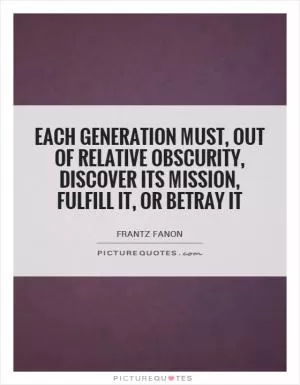



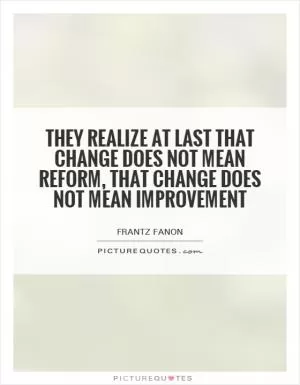
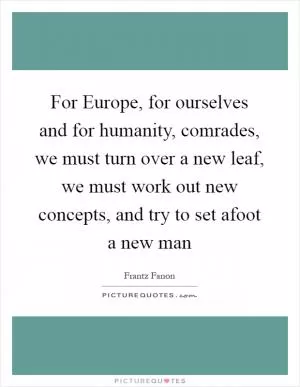
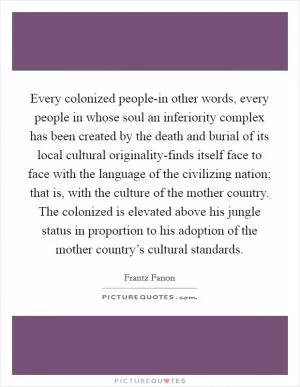
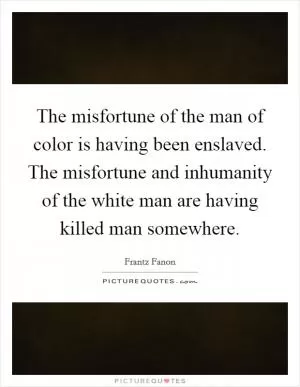
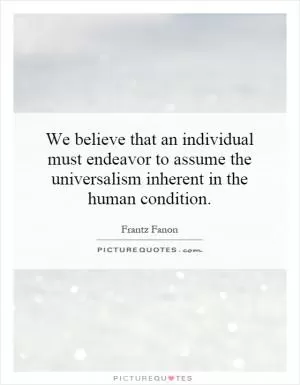

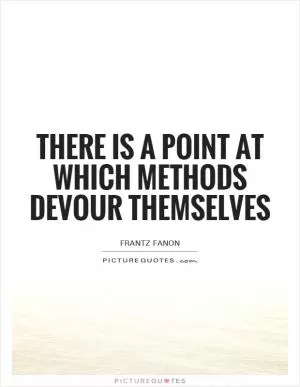
 Friendship Quotes
Friendship Quotes Love Quotes
Love Quotes Life Quotes
Life Quotes Funny Quotes
Funny Quotes Motivational Quotes
Motivational Quotes Inspirational Quotes
Inspirational Quotes